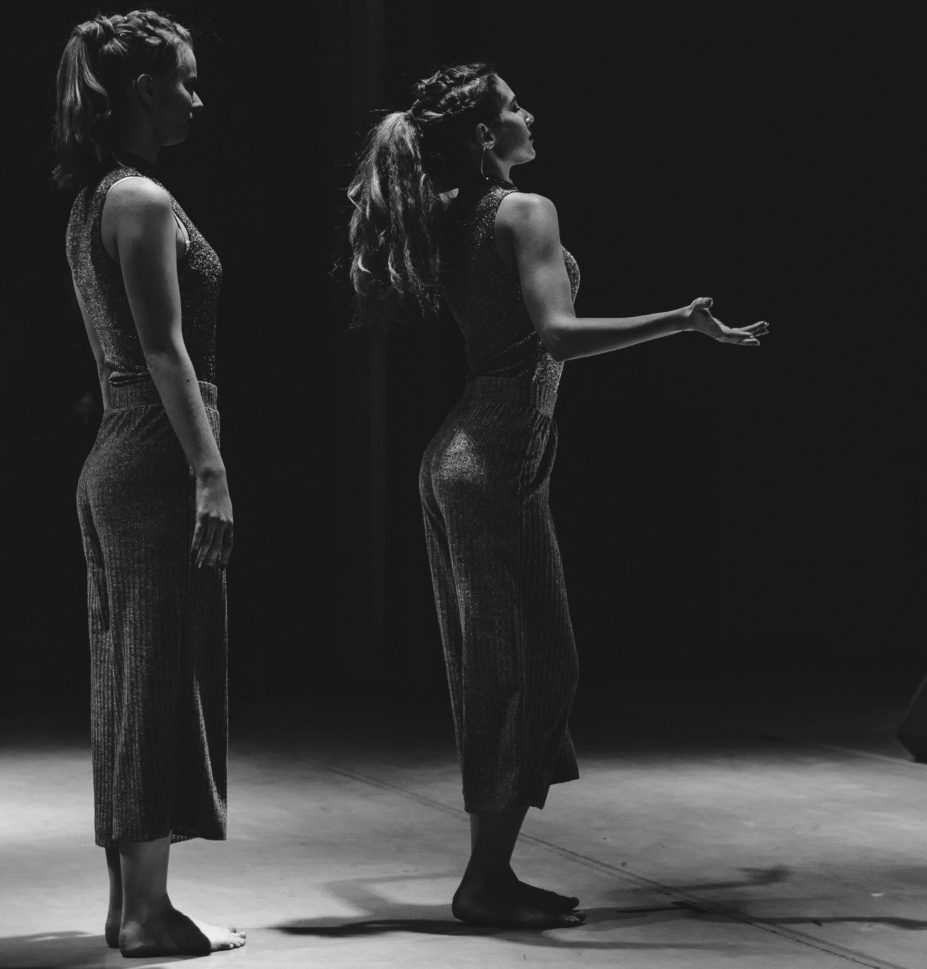A short guide to acing that audition
Autumn is here, and the new term is upon us, which means audition season is soon to be in full swing! Here’s a few tips you may find useful if you’re hoping to jump straight in and start trying out for shows.
Preparation
- When choosing your audition piece, make sure you read the casting breakdowns carefully and any specific requirements listed. If there’s a choice of speeches or scenes, go for the one that piques your interest the most, and ultimately something you’d feel comfortable performing under pressure.
- Establish who your character is addressing, where they are and what is happening (context context context!). Even if you’re pressed for time to read the whole play – at university this is almost inevitable – take just a few minutes to find out about the plot and characters. Google is your best friend here!
- Choose an objective – decide what your character wants. This will help to anchor your performance. If you’re feeling nervous, just come back to focus on your objective and it’ll centre you.
- Be curious! Ask yourself questions about your character; think about the subtext and try to read between the lines. If you have time, experiment with playing your speech in different ways. It can sometimes be really interesting to play against the natural tone of the scene, such as attempting a serious piece in a tongue-in-cheek style. This won’t always work, but doing exercises like this can throw up surprises, constantly causing you to rethink the way you’ve perceived your character. Doing this can also help you at audition if you’re redirected: you’re proving yourself to be adaptable, which can only be a plus.
Ask yourself questions about your character; think about the subtext and try to read between the lines
Nerves are fuel!
No matter how seasoned you are in the art of auditioning, it can be hugely nerve-wracking to walk into a roomful of strangers, stand in front of them and perform. There’s a sense of vulnerability and with that can come fear. Firstly, it is completely normal to feel like this, and secondly, some nerves are genuinely good, if you can learn to rein them in. Sometimes, the wait outside ‘the room’ can feel worst of all, all that impending doom making your heart start to thud and the blood rush into your face. But adrenaline can definitely be used to your advantage and channelling it can give your performance energy and edge. One of the best ways to do this is to warm-up, even if just for a minute or two before entering the audition room. Do some light tongue twisters, lip trills and sirens to wake your voice up (don’t worry about sounding ridiculous!). Shake out any tension in your body. Make sure you remember to breathe; it sounds silly but it’s easy to become tense and not realise you’re either holding your breath or hyperventilating. It’s all about relaxing enough to get on with the job at hand.
Some nerves are genuinely good, if you can learn to rein them in
Coping with rejection
Rejection is an unfortunate fact of life for actors, and it is undeniably difficult to learn how to deal with it. It would be easy for me to simply tell you ‘don’t take it personally’ but often, even if we know and repeat this mantra to ourselves, a tiny part of us doubts whether it’s really true. It is tough to work towards an audition and then miss out on a part, and that feeling is never going to go away completely. But it’s all about developing a pragmatic mindset. Don’t see your audition as a ‘me versus them’ situation but rather as an exciting chance to perform and share your work. If you don’t get in, it’s usually because of suitability rather than ability.
Bring positivity
It may seem like a tiny detail, but the way you enter and exit the audition room can affect the impression you make. Come in with a smile, enthusiasm and a can-do attitude. If the panel ask you to try your piece again in a different way, or maybe read for another character (potentially one you haven’t prepared for), give it your full energy and focus. You’re not expected to be perfect; just throwing yourself into it with commitment and openness is most definitely the way to go.
And, cliché though it sounds, you’ll always feel and do better if you see it as fun. Break a leg!

Comments